In the ever-evolving landscape of healthcare administration, optimizing medical billing and coding processes is crucial for the financial health of healthcare providers. Efficient billing and coding not only ensure accurate reimbursement but also contribute to a streamlined revenue cycle. In this blog post, we’ll delve into key strategies to enhance the efficiency of medical billing and coding operations.
Implement Technology Solutions
The foundation of efficient medical billing and coding often lies in leveraging advanced technology. Embrace cutting-edge medical billing software and coding tools that automate repetitive tasks, reducing the risk of human errors. Integration with electronic health records (EHR) systems not only enhances accessibility to patient data but also facilitates a seamless flow of information between different departments.
Artificial intelligence (AI) and machine learning (ML) technologies can be employed to automate routine tasks, such as verifying codes and flagging potential errors. These technologies not only improve accuracy but also allow staff to focus on more complex aspects of coding and billing.
Provide Continuous Training
Medical coding guidelines and billing regulations are subject to frequent changes. To keep pace with these changes, invest in ongoing training programs for your billing and coding staff. Regular workshops, webinars, and online courses can help staff stay updated on the latest industry standards.
Foster a culture of continuous learning within your organization. Encourage staff to pursue certifications relevant to their roles, such as Certified Professional Coders (CPC) or Certified Coding Specialists (CCS). By investing in the knowledge and skills of your team, you ensure they are equipped to handle the intricacies of medical billing and coding.
Establish Clear Communication Channels
Effective communication between healthcare providers and billing/coding staff is paramount. Misunderstandings and miscommunications can lead to errors that impact reimbursement and patient satisfaction. Implement standardized protocols for information exchange to ensure clarity and accuracy.
Regular meetings between billing/coding teams and healthcare providers can foster better understanding and collaboration. Create a feedback loop where coding staff can seek clarification on medical records and providers can stay informed about coding updates and requirements.
Streamline Documentation Processes
Accurate and detailed documentation is the cornerstone of successful medical billing and coding. Encourage healthcare providers to maintain clear and comprehensive records for each patient encounter. Implement standardized templates and formats for medical records to ensure consistency across the organization.
Regularly review and update documentation processes to align with the latest coding guidelines and regulatory requirements. Efficient documentation not only accelerates the coding process but also reduces the likelihood of claim denials due to incomplete or inaccurate information.
Monitor Key Performance Indicators (KPIs)
Establishing and monitoring key performance indicators (KPIs) is essential for tracking the efficiency of your medical billing and coding processes. Key metrics to consider include claim acceptance rate, denial rate, and reimbursement time.
Regularly analyze KPI data to identify trends and patterns. If you notice an increase in denials or a slowdown in reimbursement, investigate the root causes and implement corrective actions promptly. KPIs provide valuable insights into the overall health of your revenue cycle and highlight areas that require attention.
Enhance Accuracy through Audits
Regular audits are a proactive approach to maintaining accuracy in medical coding and billing. Internal audits conducted by your organization can help identify coding errors, billing discrepancies, and compliance issues. These audits serve as a preventive measure to minimize the risk of audits from external entities.
Consider engaging external auditing services periodically to provide an unbiased assessment of your coding and billing processes. External audits can offer fresh perspectives and insights, helping you identify areas for improvement and ensure compliance with industry standards.
Stay Compliant with Regulations
Healthcare regulations, coding guidelines, and payer policies are subject to constant change. Staying compliant with these changes is critical for avoiding penalties and maintaining a smooth billing and coding process. Establish a robust system for monitoring and implementing updates to regulations.
Regularly communicate changes in regulations to your staff and provide training on how these changes impact coding and billing practices. Implement compliance checks within your processes to catch and rectify any deviations from regulatory requirements.
Optimize Revenue Cycle Management
Efficient revenue cycle management is essential for the financial sustainability of healthcare organizations. Implement a comprehensive revenue cycle management system that encompasses all stages of the revenue cycle – from patient registration to claims processing and reimbursement.
Identify and address bottlenecks in the revenue cycle that may lead to delays in reimbursement. Streamline workflows, automate repetitive tasks, and leverage technology to optimize each stage of the revenue cycle. A well-organized revenue cycle contributes to faster cash flow and improved financial performance.
Outsource Non-Core Functions
Consider outsourcing non-core functions, such as data entry or routine administrative tasks, to specialized services. Outsourcing can free up valuable time for in-house staff to focus on more complex and strategic aspects of medical billing and coding.
Ensure that you choose reputable outsourcing partners with expertise in healthcare billing and coding. Establish clear communication channels and protocols to maintain control over the outsourcing process while benefiting from the efficiency and expertise of external providers.
Invest in Staff Well-being
The efficiency of your medical billing and coding team is closely tied to their well-being. Recognize the challenges and pressures associated with these roles and provide support for stress management. Implement initiatives that promote a healthy work environment, such as flexible schedules, wellness programs, and mental health resources.
Investing in staff well-being not only enhances job satisfaction but also contributes to higher levels of concentration and accuracy. A motivated and content team is more likely to navigate the complexities of medical billing and coding with resilience and efficiency.
Conclusion
Efficient medical billing and coding are vital components of successful healthcare administration. By implementing these strategies, healthcare organizations can enhance accuracy, streamline processes, and navigate the ever-changing landscape of healthcare regulations. A comprehensive approach that combines technology, training, and a focus on staff well-being will contribute to a more efficient and resilient medical billing and coding environment.


